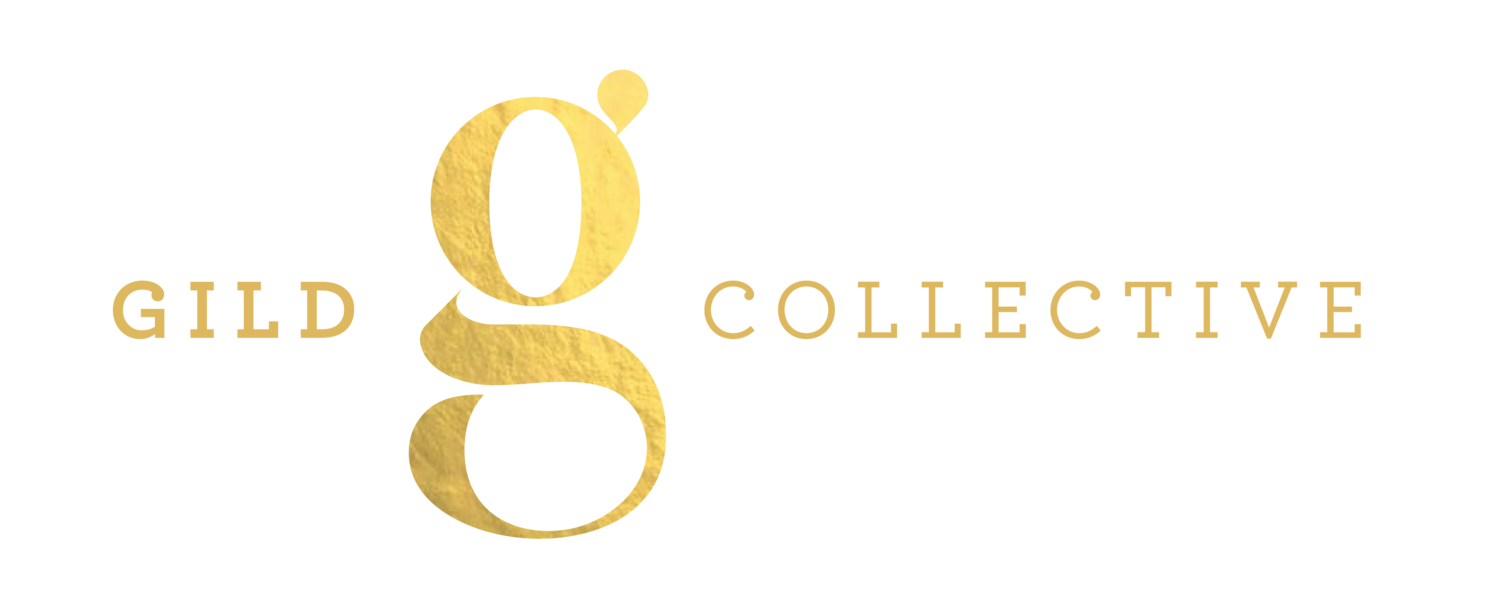Photo by George Milton
Lately, I’ve been noticing that we have a new ‘dirty word’ on the block, that can sometimes incite eye rolls and sarcastic comments. The word? Mentorship.
I’m not quite sure where the disdain for mentorship has come from or what rules have been broken to give such a positive thing such a bad reputation. But what I do know is that forming intentional mentoring relationships can have a profound impact on your personal and professional life.
In fact, a recent Huffington Post article outlines some of the key benefits for workplace mentoring—and they all sound pretty darn good to me. Education and learning, reduced turnover rates, development of leadership and management skills, and time savings and focus. If all of these benefits are available from a formal workplace mentoring program, imagine what adding other types of mentorship to the mix might bring.
To think about this, and to do some reputation management for our dear friend mentorship, I’ve created a few ground rules to consider.
Mentors should serve a specific purpose.
We all have strengths. We all have weaknesses. Finding mentors who can support your weaknesses and provide guidance to help you is critical. Someone in the same life stage, industry, career, role, with the same strengths, is unlikely to be your most valuable mentor. It’s important to reach beyond your comfort zone and find someone who can push you along the way. Recognizing their purpose and being intentional about relying on another person will lead to a productive relationship that doesn’t waste anybody’s time. If you’re seeking mentorship, try the eye-roll test:
“I’m looking for a life mentor.” = Eye roll. I have no clue who would be a good fit for you.
“I’m looking for someone who can help me grow my business from 10 to 100 clients in 1 year.” = No eye roll—my mind is too busy going through archives of other successful business-owners who grew their business tenfold.
Mentors don’t need to be forever.
With an intentional purpose behind your mentorship relationships, you will find that the day comes when you no longer need to rely on another person to help with that specific area. Your weakness may now be a strength, or you may be simply past that hurdle in your life or career. Which means that it is okay to dissolve any formality in your mentorship relationship. It is also okay to remain very close friends with that person—they don’t lose the title of mentor and get kicked out of your life. It simply means that you are both free to pursue other more fruitful mentor/mentee relationships that will benefit you for your next hurdle. It’s helpful to define this up front, but if you haven’t, don’t stress over it. If you are feeling that it is time to move forward, the other person is likely feeling it as well. Emphasize your great appreciation and stop hogging all of their mentoring goodness.
The best mentors may come from unexpected places.
Most mentors do not come packaged up with a bow and delivered to you on your first day of work at a company. Creating intentional relationships may mean that you’ll have a few coffee meetings with someone who seems like the perfect mentor, but that you just might not jive with. If you need something specific for your next big step, don’t settle for anything less than perfect. But don’t discount the unexpected mentor.
Some of the most powerful mentors in my life have started with me being caught off guard—bombarded by a new mom while I was lifeguarding at a ritzy country club, bombarded by a new co-worker when I snuck off to cry after a client confrontation, bombarded by my new friend asking me to quit my job and start a company. I wasn’t seeking these mentors at the time, but they all came into my life and taught me critical life lessons. They all served a purpose in making me who I am, and continue to be in my life—as a role model, as a resource, as a business partner.
I strongly believe in the power of having key mentors to guide and support you through this crazy life. By following these ground rules, we can show the impact that purposeful, time-sensitive, sometimes unexpected, but overall done-right mentorship relationships can have. Maybe we’ll even win over a few eye-rollers in the process!
Need to get your workplace over the ‘dirty word’ of mentorship? Check out our Building Mentorship and Relationships workshop to foster an environment of collaboration!

